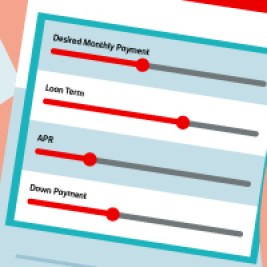Why attend auto shows before buying your car
In this article: How visiting an auto show can help you shop cars 2025 models and award winners Electric vehicle highlights The benefits of attending an auto show are immediate and hard to miss. Entering a convention center full of…





